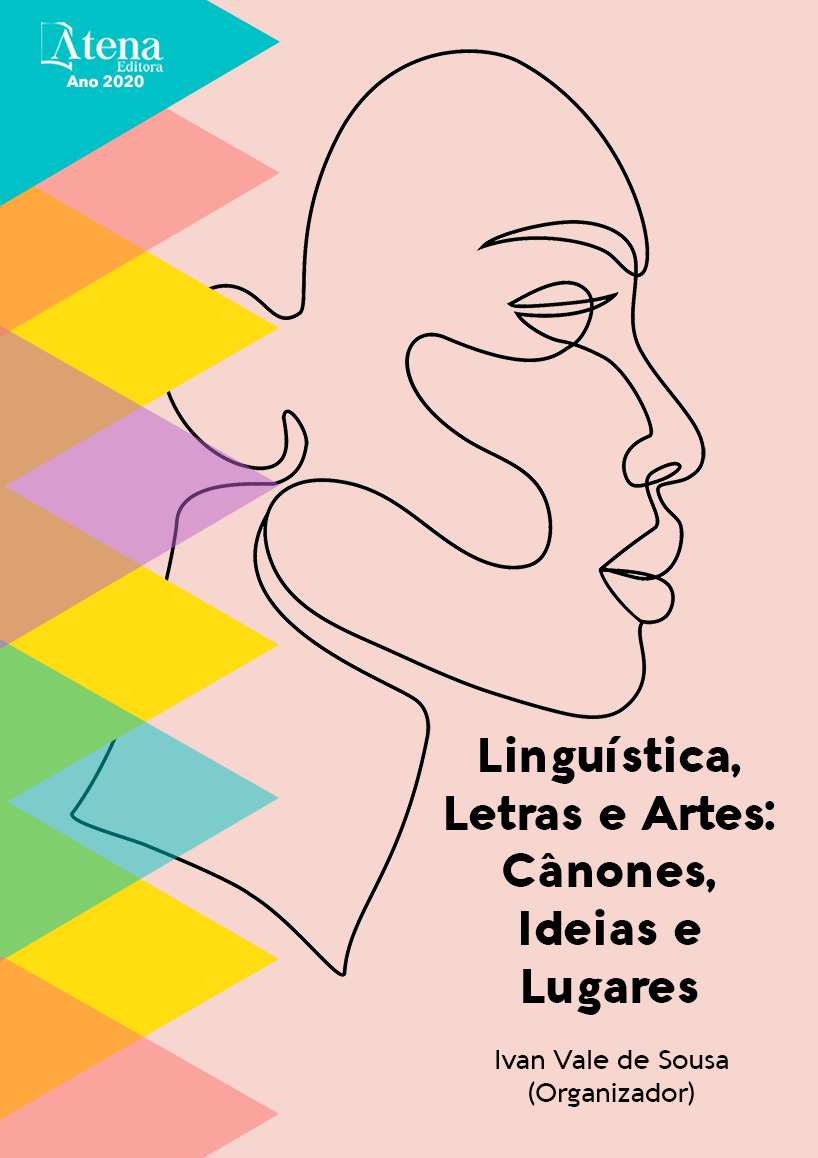
ENTRE O CAOS E A ORDEM: RELAÇÕES SOCIAIS E PERCEPÇÕES SOBRE O TERMINAL URBANO FRANCISCO ALVES RIBEIRO EM RIO BRANCO–ACRE
Este artigo foi elaborado a partir de uma pesquisa social realizada entre os anos de 2016 e 2018 no Terminal Urbano Francisco Alves Ribeiro em Rio Branco – Acre, o problema que conduziu a pesquisa em questão foi: De que modo as relações sociais vivenciadas no Terminal Urbano, contribuem para produzir as significações sobre esse espaço-lugar? E a hipótese foi: As relações sociais contribuem por meio da interação entre as pessoas e grupos, que compartilham suas crenças, valores e opiniões, e a partir disso, atribuem significados ao Terminal Urbano. O arcabouço teórico foi composto por: Marc Augé, que trouxe os conceitos de não-lugar e lugar antropológico; Erving Goffman, com a noção de estigma e Pierre Bourdieu, que contribuiu com a ideia dos espaços sociais. O objetivo geral da pesquisa foi conhecer a dinâmica das relações sociais e significações do Terminal Urbano, enquanto um espaço de produção da vida social. No âmbito metodológico, foi utilizada uma abordagem qualitativa, tendo sido feito um estudo de caso e realizada a técnica de observação, os instrumentos de coleta de dados incluem os diários de campo, as entrevistas, o registro fotográfico e a pesquisa documental. No decorrer da pesquisa o Terminal Urbano pôde ser entendido como um espaço social com suas múltiplas faces e contradições, o lugar do eu, o lugar do outro e o não-lugar, ao mesmo tempo em que é um espaço-lugar de produção da vida social em que as pessoas interagem e dão significados ao espaço e às suas vidas. Neste sentido, pode-se dizer que as relações sociais no Terminal são frágeis e passageiras, e os significados sobre o Terminal se dão a partir do uso que as pessoas fazem dele, e não a partir das relações que elas estabelecem.
ENTRE O CAOS E A ORDEM: RELAÇÕES SOCIAIS E PERCEPÇÕES SOBRE O TERMINAL URBANO FRANCISCO ALVES RIBEIRO EM RIO BRANCO–ACRE
-
DOI: 10.22533/at.ed.16920190617
-
Palavras-chave: Terminal Urbano. Relações Sociais. Significações.
-
Keywords: Urban Terminal. Social Relations. Meanings.
-
Abstract:
This article is a researching realized between the 2016 and 2018, in the urban terminal Francisco Alves Ribeiro in Rio Branco – Acre, the trouble that conducted the searching was: What’s the way that the social relations lived in the urban terminal, contribute to produce the significations about that space-place? And the hypothesis was: The social relations contribute as an interaction between the people and groups, who shared their beliefs, valors and opinions, wich stablishes, a meaning about the urban terminal. Marc Augé, who brought the concepts of non-place and anthropological place; Erving Goffman, with a notion of stigma and Pierre Bourdieu, to the idea of social spaces. The researching is around dichotomies that talk about the conceptions that describes the urban terminal, that is, simultaneously, space and place, an anthropomorphic place and none-place, chaos and order. The main objective in that research is to know the social relation and significations from the urban terminal, while a space-place of production of social life in a methodological sphere. It was used a qualitative approach, we made a study case and realized the observation technic, the data instruments, including the interview, the photograph record and the documents search, during the searching, the urban terminal can be understood as a social space with her many faces and contradictions, the place of me, the place of another, and none-space, at the same time is a space-place of social life production, where the people interact and give meanings to that space and her lives. In that tenor, can be say what the social relations in urban terminal, that are fragilis and temporaries, and the meanings about the urban terminal are made, initially, from the use whose the people make of this, and not around the relations that stablishes.
-
Número de páginas: 15
- Márcia Meireles de Assis
- Beatriz Tayná Souza Brito


